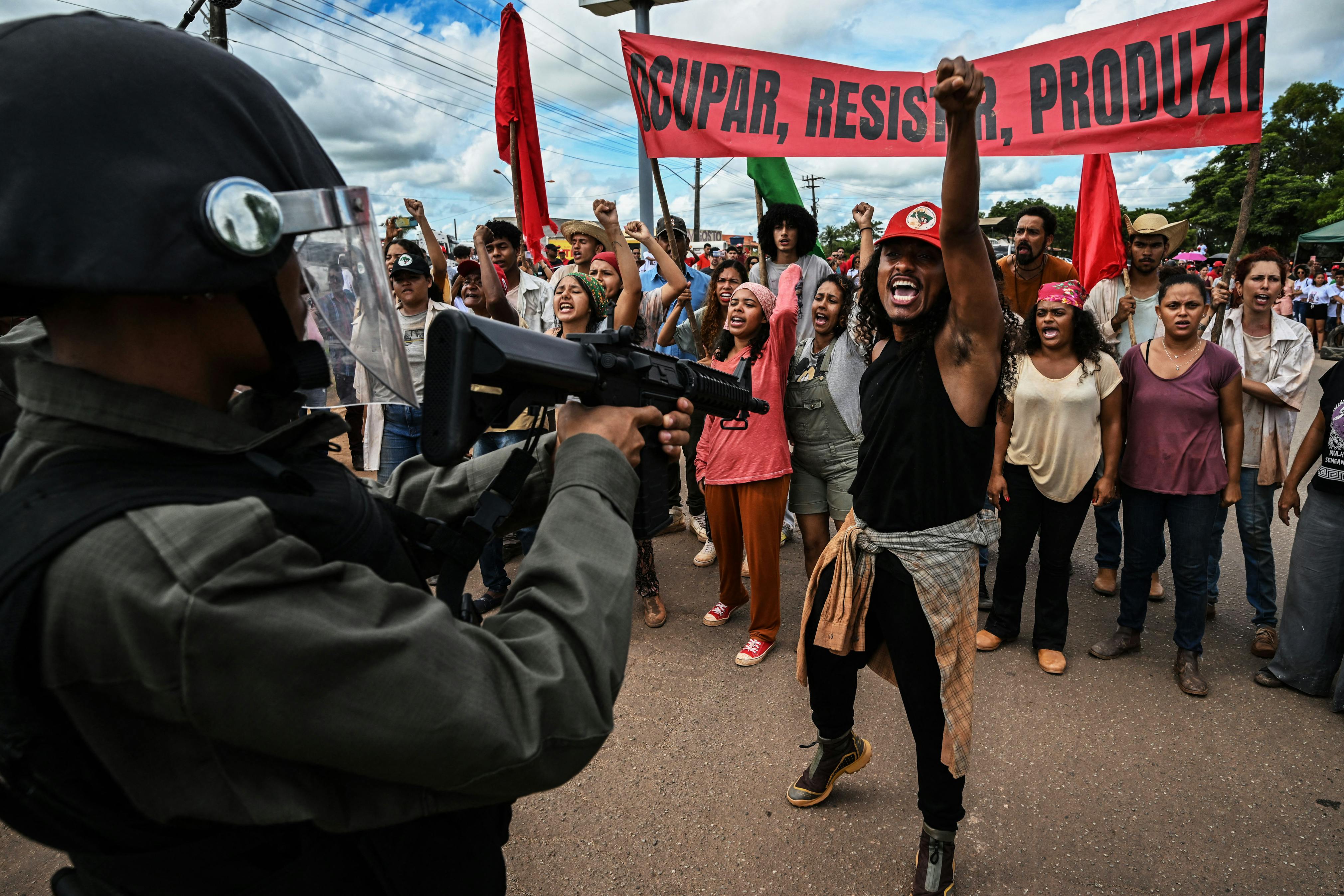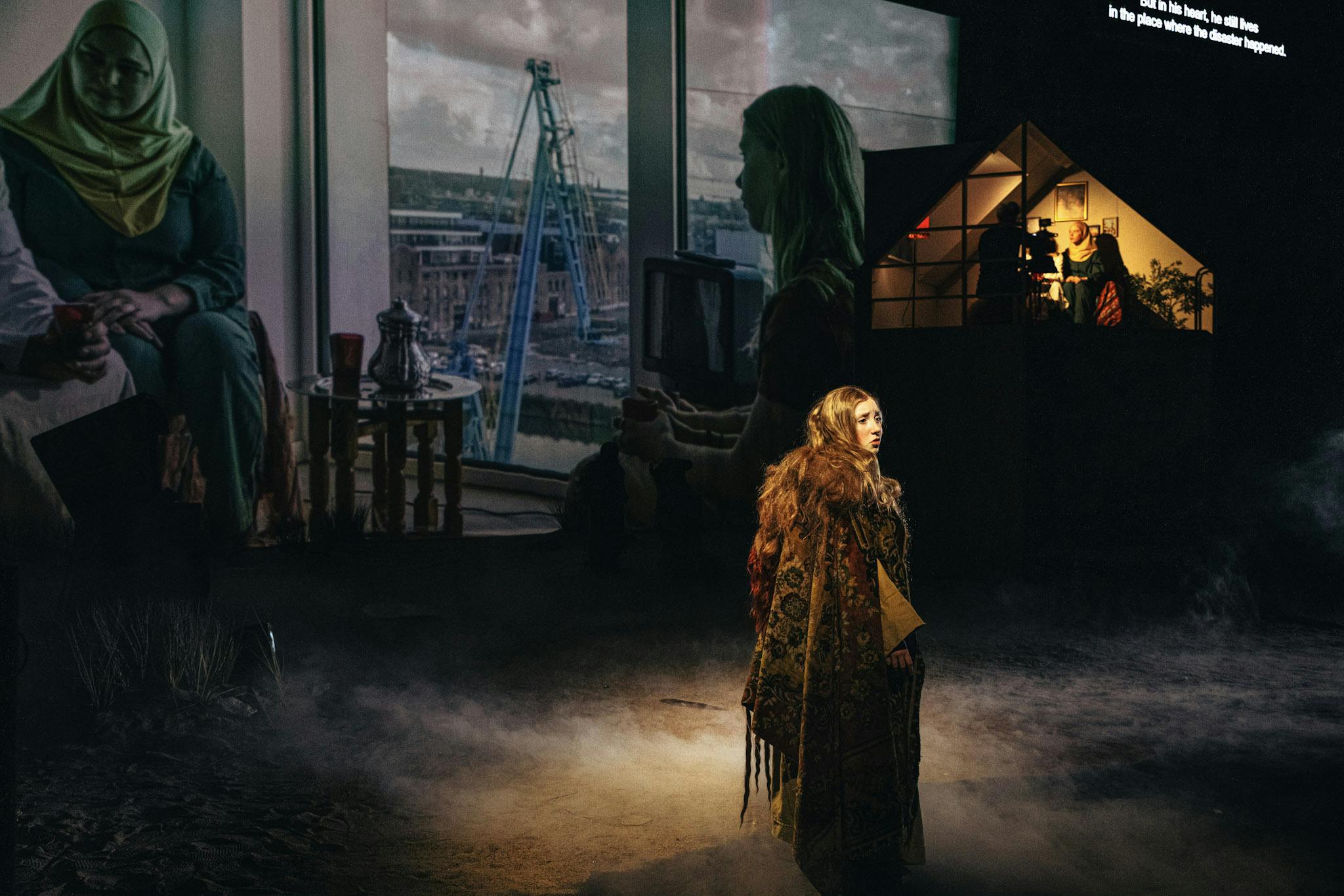Updated Dec. 2025
Milo Rau
Milo Rau, born 1977 in Bern, is the artistic director of the Vienna Festival (Wiener Festwochen). The director and author, who is known for his work at the interface of art and activism, has published over 100 plays, films, books and actions. His theatre productions have been shown at all major international festivals, including the Berlin Theatertreffen, the Festival d'Avignon, the Venice Biennale, the Vienna Festival and the Kunstenfestivaldesarts in Brussels, and have been touring in over 30 countries worldwide. From 2018 to 2024 Milo Rau was artistic director of NTGent (Belgium).
Milo Rau has received many awards, including the 3sat Prize 2017, the Saarbrücken Poetics Lectureship for Drama 2017 and, as the youngest artist after Frank Castorf and Pina Bausch, the renowned ITI Prize of the World Theatre Day in 2016. In 2017, Milo Rau was voted Director of the Year in a survey conducted by Deutsche Bühne, in 2018, he received the European Theater Prize for his work and in 2019 he was the first artist ever to be appointed Associated Artist of the European Association of Theatre and Performance – EASTAP. In 2020 he received the renowned Münster Poetry Lectureship for his complete artistic oeuvre. His plays were voted Best of the Year in critics' surveys in over ten countries. In 2019 he received an honorary doctorate from Lund University in Sweden, in 2020 he was awarded an honorary doctorate from Ghent University. The Swiss Film Award followed in 2021 and in 2022, he gave the Lectures on Poetics at the University of Zurich. A star honours him on the Sibiu Walk of Fame (2023) and the Bitef Festival honoured him with the Politika Award for Best Director in 2024.
At NTGent, Milo Rau published the Ghent Manifesto, radically transforming the way the Belgian city theatre produced and toured its performances. As a director, Rau created internationally renowned plays in Ghent as 'Lam Gods' (2018), 'La Reprise' (2018), 'Orestes in Mosul' (2019), 'Antigone in the Amazon', and most recently 'Medea's Children' (2024, currently on tour). He also initiated the prestigious series 'Histoire(s) du Théâtre', in which directors such as Miet Warlop, Tim Etchells and Tiago Rodrigues look back at the history of (their) theatre.
In the press
An unbearable masterpiece, horrifically effective theatre (...) Slowly and relentlessly, Milo Rau tightens the vice (...) 'Medea's Children' is about our fate, and about how we constantly look away from fundamental violence
, De Morgen (BE), Read the articleA shattering and chilling performance
, Trouw (NL), Read the articleNot one video that doesn't hit the mark in 'Antigone in the Amazon'. Not one word that doesn't reinforce the images. Not one movement on stage that doesn't resonate with the images. The realisation sets in that theatre, when it moves so far out of its comfort zone, makes us experience and understand something so much bigger than itself
Le Monde (FR)


